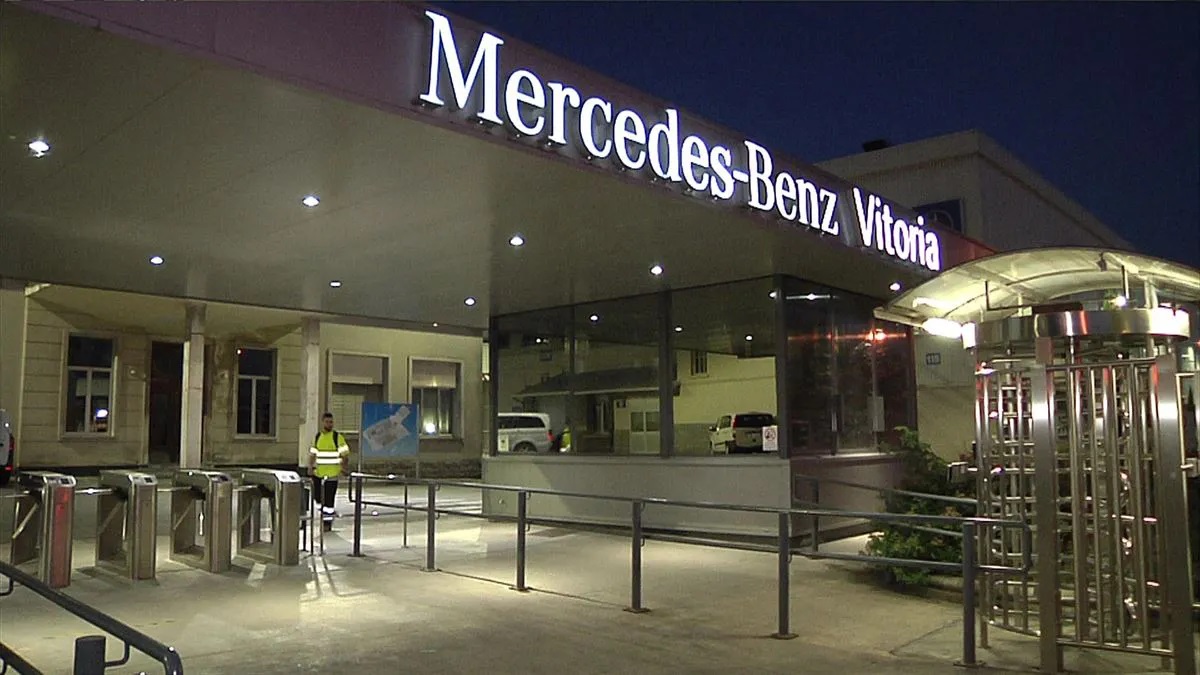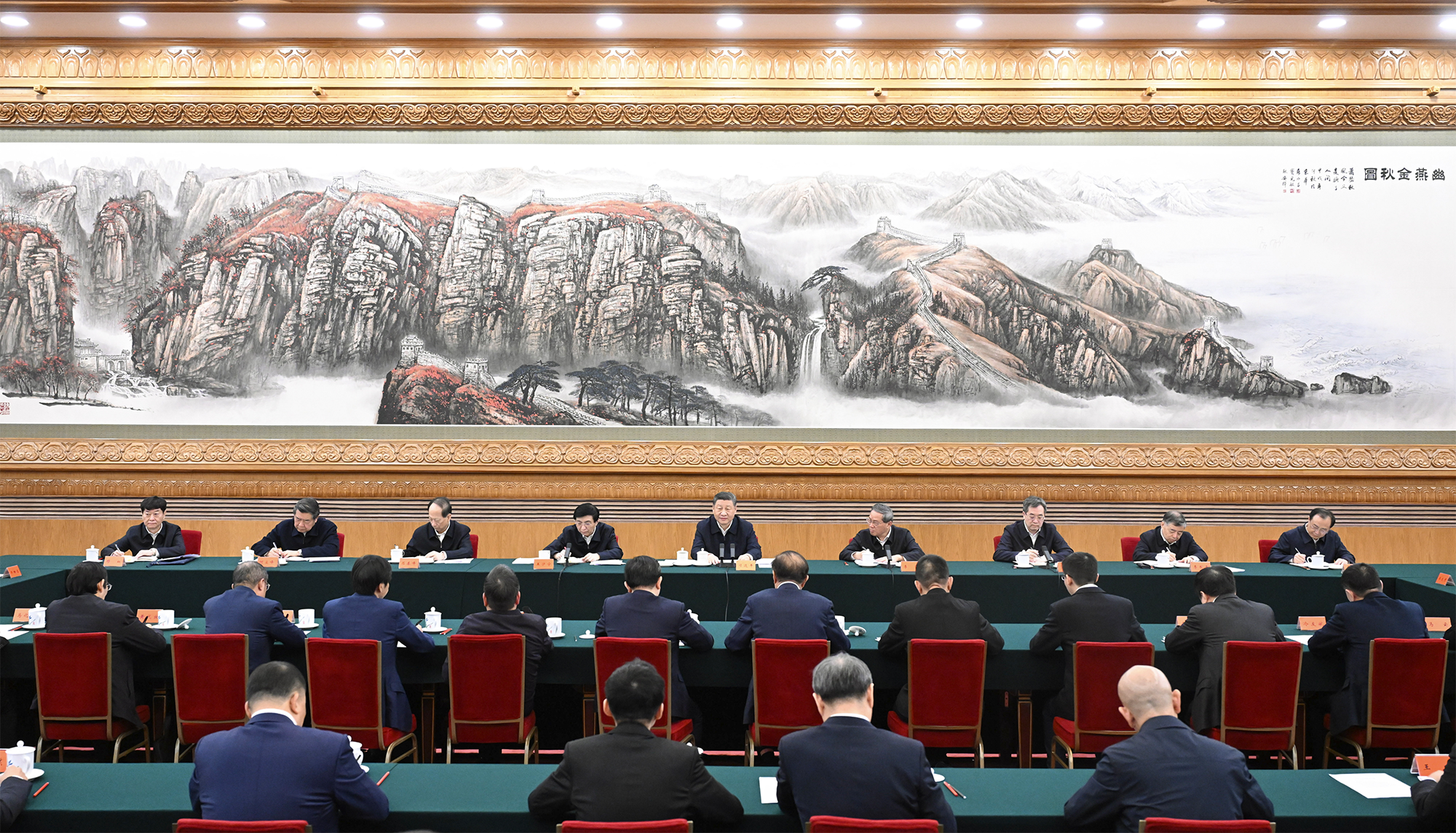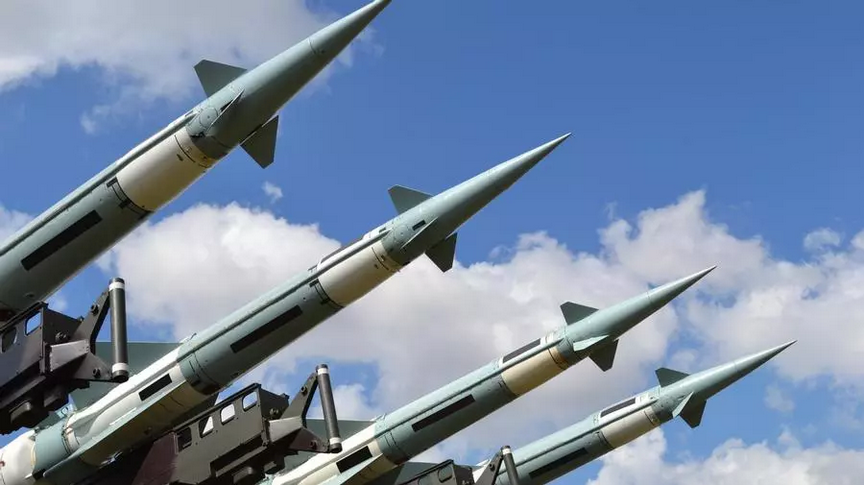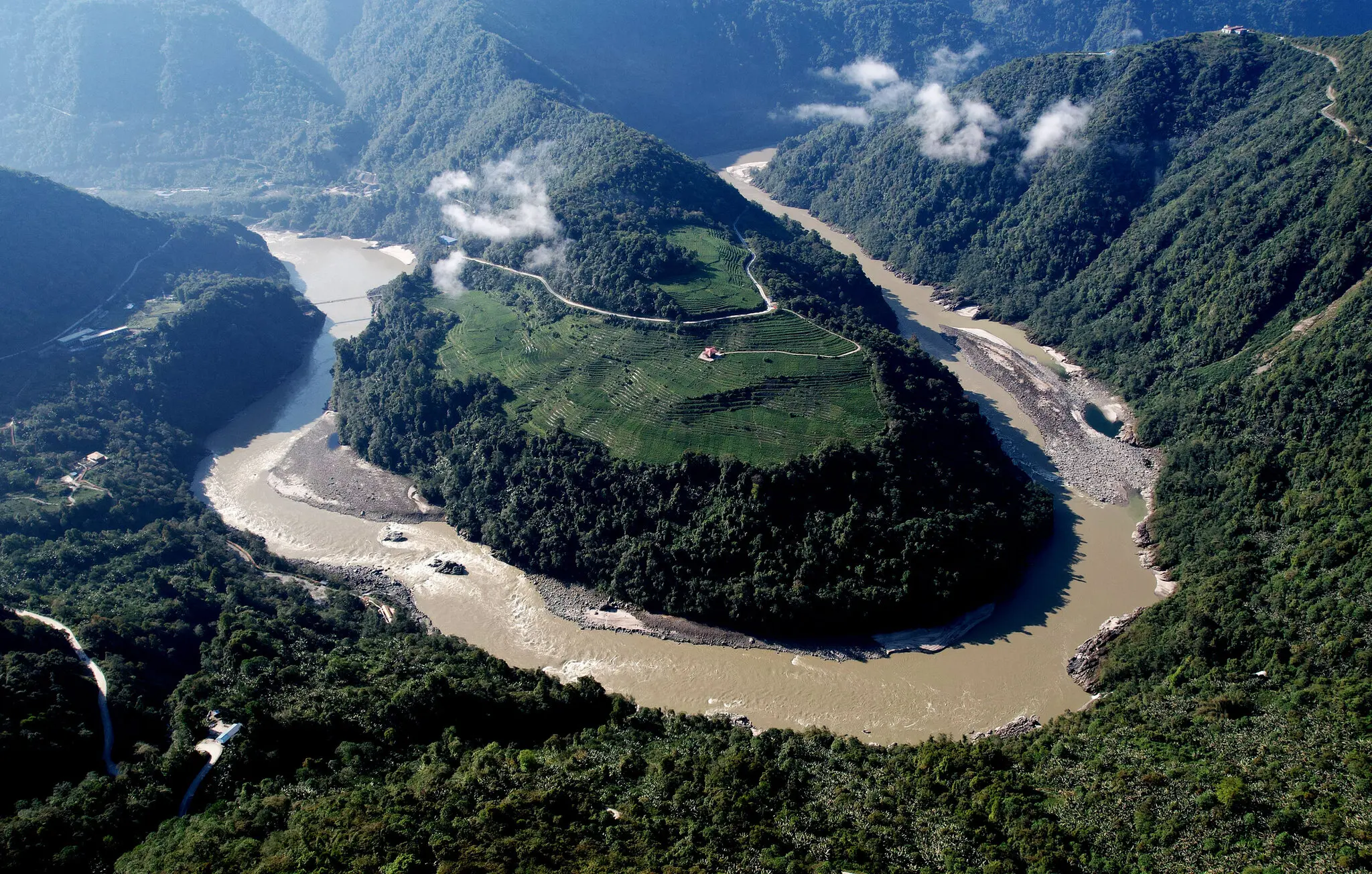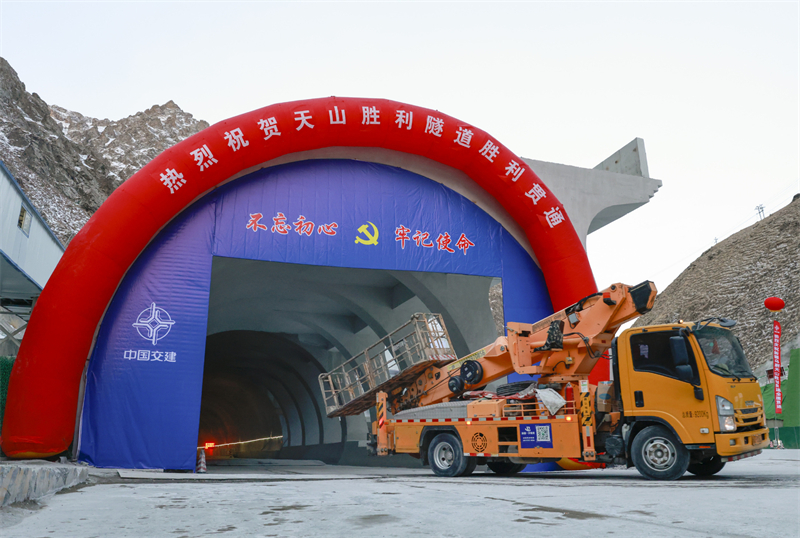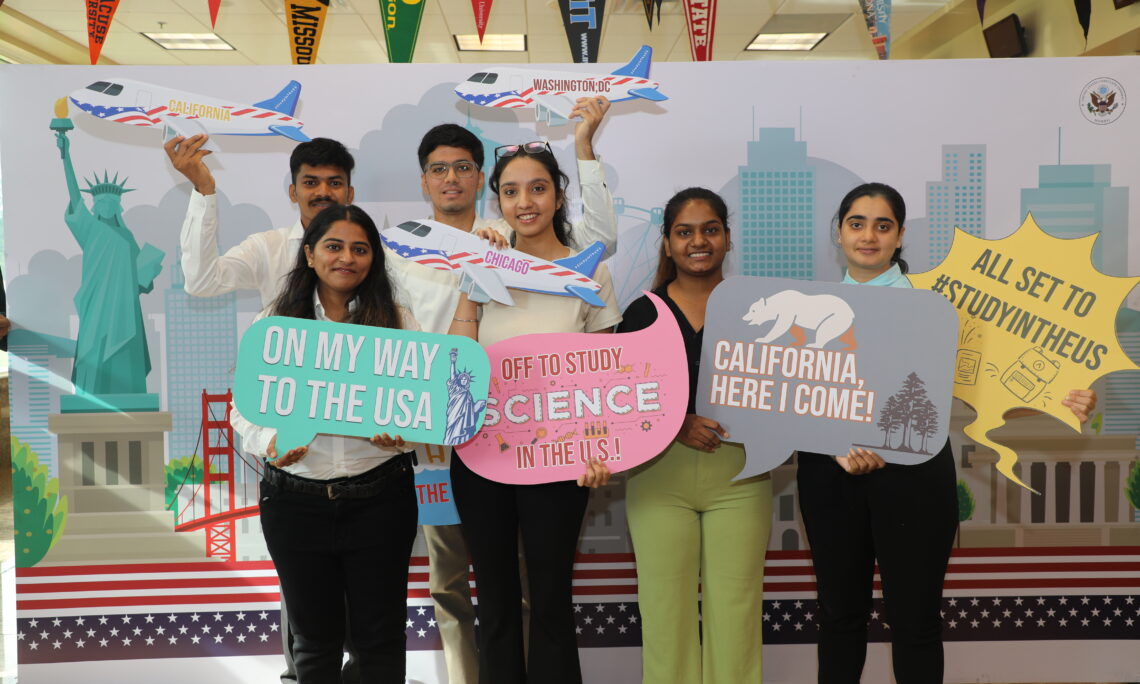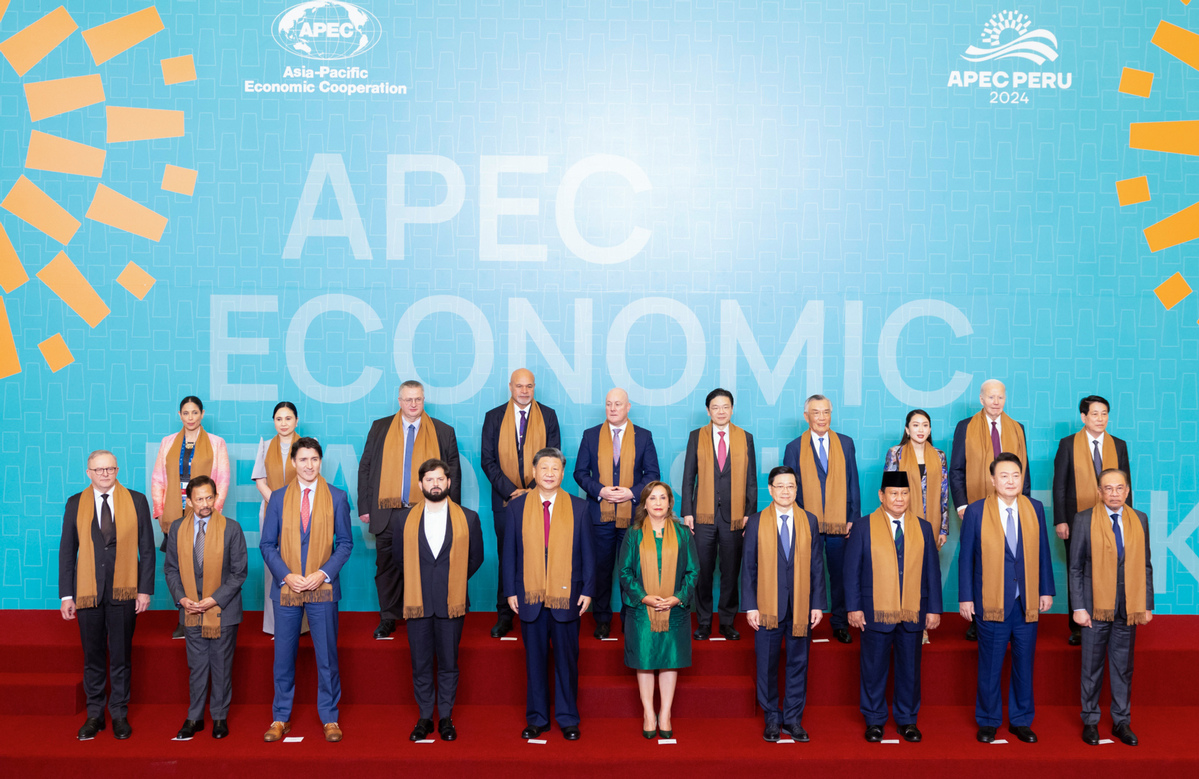China buys growing fields to become the largest food producer
- Chinese public and private corporations are currently cultivating 10 million hectares of land around the world. From Indonesia to Ukraine or France to Bolivia, China has multiplied by five investments in foreign fields and forests between 2010 and 2016. They are one of the main strategic lines of the Beijing Government to ensure food for the people of the major countries of the world and to become the largest food producer on the planet in the coming years.
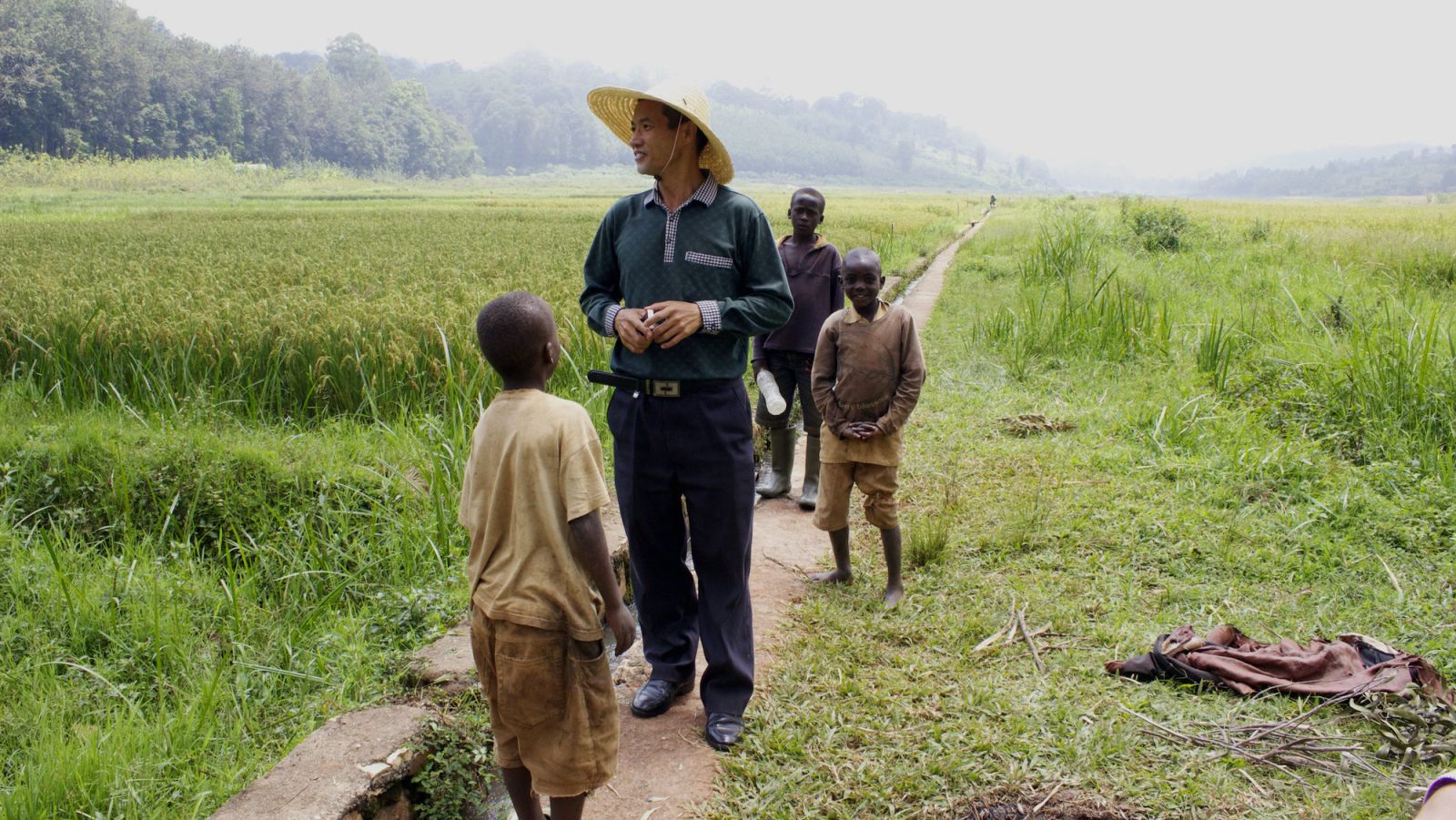
If you're interested in agriculture or food sovereignty, or you just want to understand why the beans that almost 40 years ago were the daily food instead, making them the bread of every day the pizzas that we didn't know then -- you'll do well by visiting the Farmlandgrab website from time to time. “Farmlandgrab: With the madness of capturing the rural lands of the world and the struggles people have to face it.”
Farmlandgrab, promoted by the GRAIN Partnership, a reference in the field, collects the fundamental news that has been published in the press about the theft of land that is carrying out large capitals around the planet. It recently published the summary of a major meeting organized by the Chinese Ministry of Agriculture in the first week of May: “China is defining the ‘Go Global’ agriculture programme [‘Globalise’].”
During the day, the senior officials of the Ministry of Agriculture dealing with international cooperation discussed the new changes and opportunities that have occurred in this area both in China and in the world. Beijing’s top leaders received specific orders to help companies that want to invest abroad.
Senior management and party officials in Beijing must support agricultural investments as strategic areas: working on the business policy of the agricultural industry, actively participating in international business and investment, speeding up the creation of international businesses and business groups, and supporting companies in growing size and global expansion. At the meeting, Minister Hang Xangfu reminded officials that President Xi Jinping attaches great importance to the issue.
The Bi gunes initiative is part of China's strategy to become the leading power in agriculture and food production worldwide. On the one hand, exhibition spaces have been organized around the world, in Tajikistan, Mozambique, Uganda, Fiji, Laos, Cambodia ... In them, Chinese companies organize specific workspaces with governments or local, free-trade companies. On the other hand, experimentation spaces have been opened in China itself with the aim of pooling companies of a very diverse nature that involve themselves in projects abroad: state farms, public chemical industries, feed, seeds, machinery or fisheries.
The effort has reason. China, with 20 per cent of the world ' s population, has only 8 per cent of the world ' s agricultural land to satisfy them. As if that were not enough, pollution has destroyed a quarter of the fields. Many experts warn, on the other hand, that the prosperity of fields that have been productive for centuries has been reduced since the Chinese began to generalize industrial cultivation. Thus, it is necessary to go out into the world to seek food.
China’s foreign investment in the agricultural sector has increased five times between 2010 and 2016, exceeding $3.3 billion. They have been included in the production, processing and sale of all kinds of benefits: palm trees for oils and rubber trees in East Asia, soybean and rapeseed farms in Russia, dairy and meat jeans in New Zealand and Australia, land separated in alfalfa in the United States...
Land, cereals, meat, seeds, chemicals...
China has two strategic areas in place to plan foreign investment, whatever its scope. On the one hand, the Economic Belt Silk Road brings together the countries of North Asia and Europe, from Siberia to Germany. On the other hand, the Silk Maritime Route extends from Indonesia to Egypt, mainly from South Asia.
Together with both, the Chinese focus their major agricultural investments on the Belt and the Initiative, which are a priority in China’s trade relations: Half of Asia, 15% in Europe, 14% in Oceania, 12% in Africa, 6% in Latin America and 2% in North America. The figures from the Beijing Government itself show that some media outlets have exaggerated Africa’s agricultural importance for the Chinese.
Between 2004 and 2012, Chinese foreign investments focused on the purchase of crop products mainly: palm oil, sugar, cassava, wood, fish and other raw materials. However, since then, Chinese companies have begun to purchase agri-food corporations with strength in Europe, North America and Oceania.
In 2017, ChemChina completed China’s largest foreign purchase, with $43 billion over Swiss Syngenta, world champion of seeds and phytosanitary. The other big purchase was made in 2014, when Chinese specialized in pork WH Group was made with the Smithfield Foods of the United States. The same company has devoured pig and chicken processing companies in Poland and Romania in 2017, with the aim of achieving greater comfort in Europe.
But land ownership always has a special appeal and you've seen the land purchases that have multiplied all over the planet as a sign of the hegemony that China wants to achieve in the world food trade -- that many peasants and peasants of all life have lived as a theft, either because they have been violently expelled from those lands, or because foreign corporations have privatized land in the public domain with the local elites.
They started in Africa -- Tanzania, Senegal, Sierra Leone, Zambia -- to bring rice, corn, mandika or sesame growing here. Since then they have spread to any part of the five continents. The aforementioned WH Group purchased over 40,000 hectares of land in the same United States. Bolivia, Cuba, Jamaica, Venezuela, Argentina...
In Europe, the Chinese invest mainly in the East, in Russia, Ukraine, Bulgaria and others. But also in the West. Recently there has been a bit of a stir in France because Hu Keqin has become a Chinese billionaire owner of 3,000 hectares of field that cultivate wheat, “to open markets from China to French bread.” And people already remember that there are 150 famous wines, most of them from Bordeaux, that are in the hands of Chinese.
The industrialization of agriculture is accelerating, concentrating the properties of the world’s lands and economic powers, not just China, are competing to control tomorrow’s food.
2021etik 2025era isuriak %15ean murriztu behar zituen industriak. Ursula Von Der Leyenek automobilgintzaren sektorearen eskutik ekintza plan bat aurkeztuko du martxoaren 5ean. Oraindik erabakia hartua ez badago ere, Europar Batasunak sektorearen eskaerak onartuko dituela diote... [+]
Silicon Valley-ko oligarkia AEBetako gobernura iritsi berritan lehertu da adimen artifizialaren (AA) burbuila. Txip aurreratuen erraldoia den Nvidia-k urtarrilaren amaieran izandako %16,8ko balio galera, egun bakar batean inoiz izan den burtsa balio galerarik handiena da... [+]
Otsailaren 17an Txinako Alderdi Komunistaren arduradun gorenak bildu ziren bertako enpresa pribatu handienen zuzendari nagusiekin. Ez da ohikoa aldi eta areto berberean Huawei, BYD, New Hope, Tencent, SWSC, Yushu, Xiaomi edo DeepSeek bezalako konpainien nagusi gorenak bilduta... [+]
The old continent has planted a trade war to China, where the European electric car market is about to be a historic and ridiculous failure. It is the fault of the Chinese, that European electric cars are twice as expensive as their own. What hurts them is that people here,... [+]











